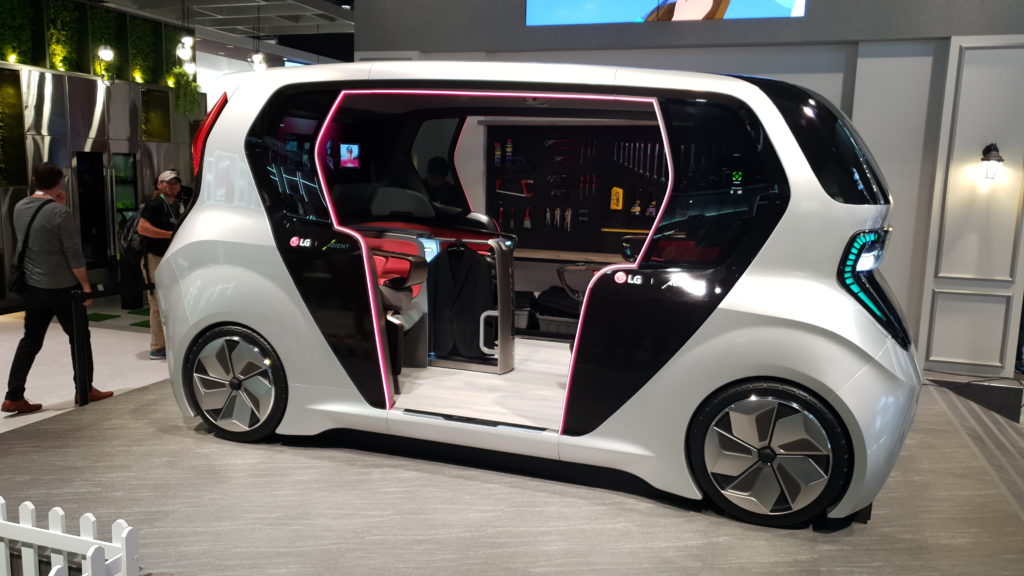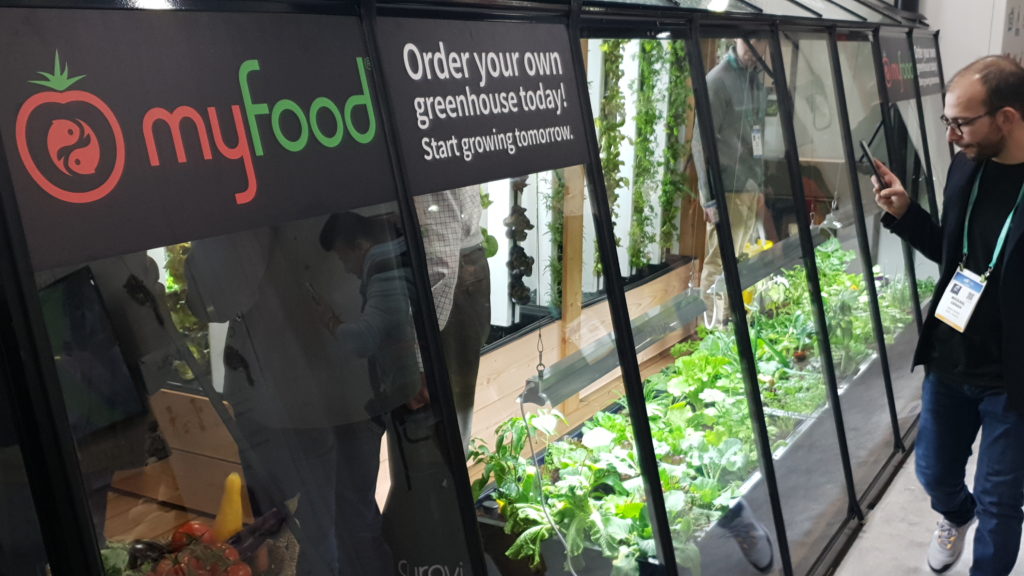In the calendar of major brands and startups in the global tech world, the Consumer Electronics Show (CES) is a landmark event. From January 7 to 10, 2020, Las Vegas is the place to be to make an impression, showcase the latest innovations, and test new technological prototypes.
Samsung's inaugural keynote acclaimed
Garry Shapiro, president of CES Las Vegas, invited Samsung's CEO to the traditional CES 2020 inaugural keynote on Monday, January 6. What did he reveal?
The Samsung CEO set the scene by unveiling a new era of customer experiences called the "Age of Experience." A vision of the next decade of innovation made possible by the advent of 5G and artificial intelligence.
These technologies will enable new customer uses at home, on the move, or as part of the implementation of Smart City projects. Watch the exclusive video of the CES2020 inaugural keynote below:
Mobility: Driving Innovation at CES 2020
Mobility is undoubtedly the key theme of CES 2020, with the prospect of fully autonomous experiences as early as 2025. At the same time, we may be on the cusp of a real takeoff for the electric vehicle market, with a significantly expanding manufacturer portfolio.
These two technological trends: autonomous vehicles and electric vehicles, dominated the Smart City space, the highlight of which was Toyota's announcement that it would build a true Smart City demonstrator in a new neighborhood housing more than 2,000 residents. 5G, omnipresent in the booths of the ecosystem's stakeholders, is definitively presented as the connectivity foundation of the Smart City of tomorrow.
Content is king
At recent CES shows, the same observation was made after a visit to the central hall, where Samsung, Sony, LG, and other consumer electronics manufacturers compete: "content is king."
But this year, the launches of 8K TVs and 5G justify this CES adage more than ever. In this context, very high fixed and mobile broadband supported respectively by fiber and the arrival of 5G, and the long-term promise of the autonomous car can give operators a return on the heavy investments made for the deployment of these infrastructures.

Foodtech and the sustainable city
In this flurry of digital innovations, CES 2020 also gave space to Foodtech and the resilient city. Manufacturers and startups vied with each other in creativity: from the autonomous greenhouse (myfood), the vertical vegetable factory (Grov), to the container reconditioned as a greenhouse (n.thing), to the home vegetable cabinet (LG).

CES 2020 in numbers
The size of CES in Las Vegas makes it an extraordinary event. With more than 4,500 companies exhibiting across an area of 270,000 m², the show represents the equivalent of 25 football stadiums and is enough to make your head spin.
As you can see, for the 170,000 visitors from 160 countries, CES is an event that requires extensive planning in advance. For exhibitors, it's obviously a race to be the one who will present the show's flagship innovation and win the media battle. For reference, an estimated 20,000 innovations are presented each year at CES.
Conferences are also on the agenda, with visitors able to attend no fewer than 300 conference sessions.
Big Names in Innovation to Attend
The biggest brands in technological innovation will be exhibiting at CES 2020: Tesla, Amazon, Google, Intel, Microsoft, Samsung, Sony, and more. To showcase their innovations, we will regularly update this section during the event to keep you informed of the most exciting announcements!
CES 2020 Conferences Not to Be Missed
Monday, January 6, 11:30 AM – 12:30 PM - In the Air or on the Ground: Who Will Win the Battle for Autonomous Vehicles?
Who will cross the finish line first for autonomous transportation? While the complexity of urban environments on the ground requires many adjustments, mobility in the air requires the implementation of management infrastructure and standards to take flight.
Tuesday, January 7, 1:00 PM – 2:00 PM - 5G Access and Monetization
The large-scale deployment of 5G focuses on massively expanded broadband (eMBB) applications. As more and more companies explore the possibilities offered by 5G, discover how its implementation is already impacting suppliers, decision-makers, and businesses.
Tuesday, January 7, 11:30 a.m. - 12:30 p.m. - Building the Smart Cities of the Future
The implementation of suitable infrastructure is essential to improving the quality of life in cities. Smart technologies can transform cities and help solve problems related to the environment, health, safety, and better living conditions. What are the necessary ingredients to plan, build, secure, and manage a smart city?
CES, a historic event
The first Consumer Electronics Show was held in 1967 in New York. The show was smaller than it was back then, with only 250 exhibitors and 17,500 visitors. Over the years, CES has grown in popularity, becoming the leading trade show for innovation and the new technology sector.

Franck Abihssira
Contact Franck Abihssira
Got a question about CES 2020 in Las Vegas? Need some clarification on a future project? Email Franck Abihssira, Associate Director at Tactis.

